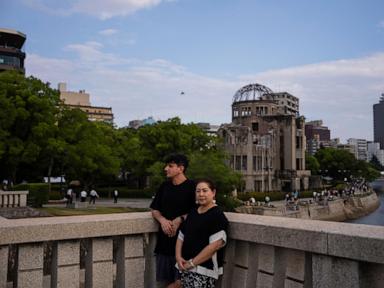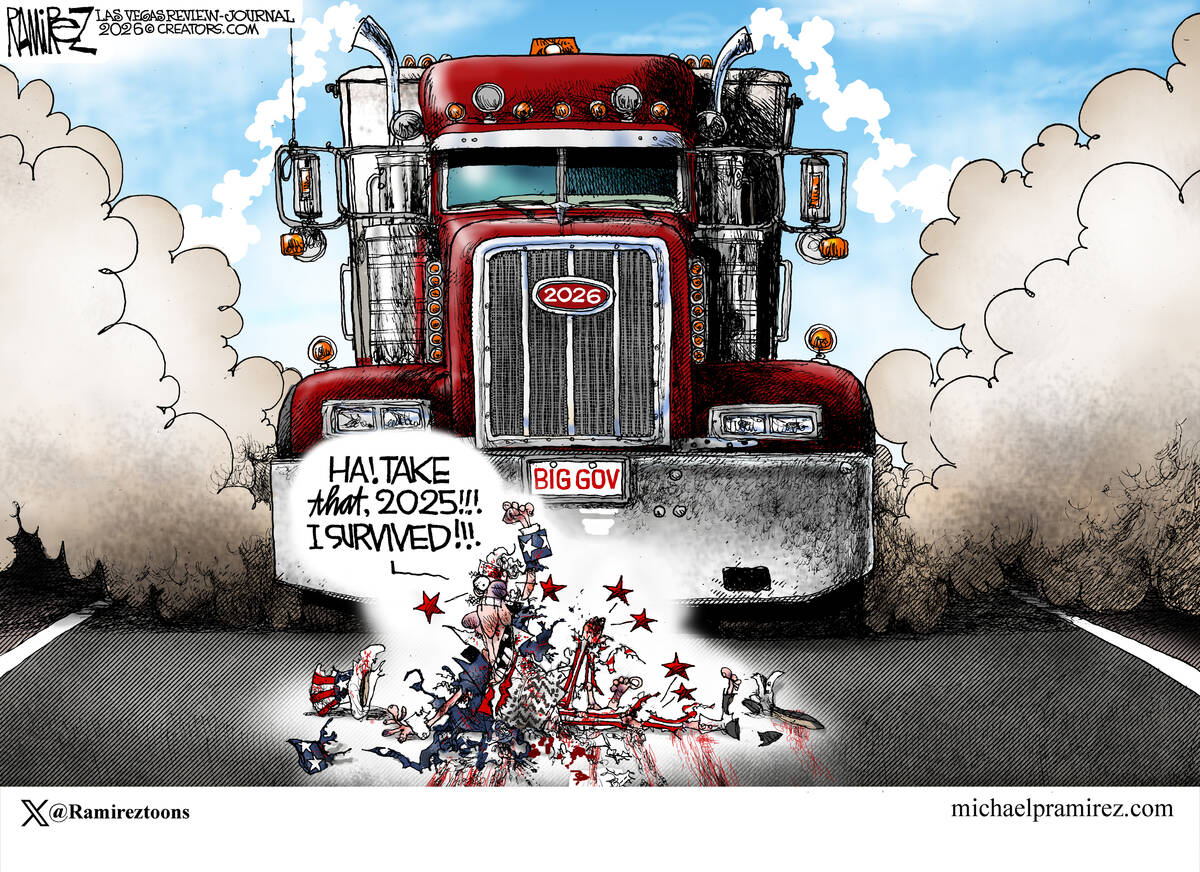Grandchildren of Hiroshima and Nagasaki Survivors Unite for Peace

When the atomic bombs were dropped on Hiroshima and Nagasaki in August 1945, their legacies continued to shape lives long after the devastating explosions. Now, the grandchildren of those directly involved, Ari Beser and Kosuzu Harada, are working together to promote peace and reconciliation. Their grandfathers, U.S. radar specialist Jacob Beser and Japanese engineer Tsutomu Yamaguchi, played pivotal roles during this dark chapter in history, and the two grandchildren are determined to continue their advocacy for nuclear disarmament.
During the commemoration of the 80th anniversaries of the Hiroshima and Nagasaki attacks, Beser and Harada visited a train station in Hiroshima. It was here that Yamaguchi, severely injured, boarded a train back to Nagasaki just a day after the August 6, 1945, bombing. The two grandchildren shared their grandfathers’ intertwined stories, shedding light on the human impact of the bombings and the ongoing quest for understanding between the United States and Japan.
Yamaguchi, who was 29 years old at the time, suffered severe burns from the Hiroshima bombing while on a temporary assignment as a shipbuilding engineer. After returning to Nagasaki, he was recounting his experience when the second bomb was detonated. Harada first learned about her grandfather’s experiences during a school project that required an interview. Initially reluctant to speak publicly about his trauma due to fears of discrimination, Yamaguchi became a vocal advocate for peace in his later years, a role he embraced until his passing in 2010.
In 2013, Harada discovered that the grandson of one of the pilots who dropped the bombs wished to learn about Yamaguchi’s story. Reflecting on her mixed feelings, she recalled how Beser listened intently while her family shared their narrative. This encounter marked a significant moment for both families, as they began to understand the broader implications of war. Harada stated, “We used to see ourselves only from the victims’ perspective. We learned that war affects and ruins everyone’s lives.”
Beser, now a visual journalist and producer, has frequently visited Nagasaki. He and Harada have developed a close friendship, united by their shared mission. While Yamaguchi carried a deep resentment towards the U.S. government for the bombings, he held no animosity towards Americans. Even in declining health, he continued to advocate for peace, famously conducting interviews from his hospital bed.
As Harada tours Japan, she urges for a formal apology from the U.S. government regarding the bombings. She believes reconciliation is a long process that spans generations. Jacob Beser, when asked about the bombings during a visit to Hiroshima four decades ago, acknowledged the gravity of the attacks by stating, “I wouldn’t say it was our proudest moment.” He emphasized the necessity of ensuring such events are never repeated.
Ari Beser has been deeply affected by the legacy of his grandfather’s actions. He grew up learning that Jacob Beser’s bone cancer was likely linked to radiation exposure from the bombing missions. After his first visit to Japan in 2011, he has actively sought out survivors to hear their stories. He remarked, “Before, I think that we all believed in the same justifications. I can’t justify it anymore.” For him, the focus now lies in conveying these narratives to prevent history from repeating itself.
Having sought out Harada’s family 12 years ago, Beser expressed the importance of their collaboration. “It’s passing the baton and leaving the record. We are the keepers of memory,” he said, reflecting on his desire to understand more about his grandfather’s choices and the war.
Despite language barriers, Beser and Harada continue their partnership, working on projects that include a book documenting their grandfathers’ experiences. In a world increasingly marked by division and conflict, particularly in regions like the Middle East and Ukraine, Beser believes their work is crucial. “It makes you nervous, makes you worry because if this history repeats with today’s nuclear weapons, it’s almost unimaginable how much would be destroyed,” he stated.
Meeting with Harada in Japan has provided him with a sense of hope. “Everybody needs hope and this is how I get hope,” he concluded, underscoring the significance of their shared mission to promote peace and understanding across generations.
The Associated Press receives support for nuclear security coverage from the Carnegie Corporation of New York and Outrider Foundation. The AP is solely responsible for all content.






